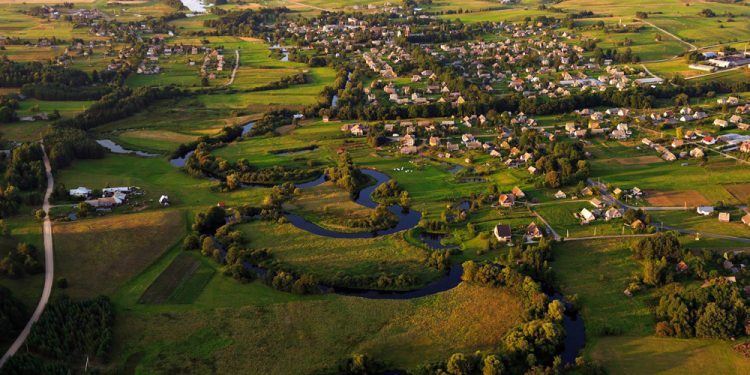Lithuania turned out to be the largest potato producer in the Baltic States by the end of 2023. Other areas of agricultural business are also actively developing here. However, non-governmental organizations in the country have estimated that as a result of the industry’s work, about a quarter of all greenhouse gases are released into the environment. This contributes to increased air and water pollution and the loss of former biodiversity.
Public activists presented recommendations to the Seimas on how to change the situation. In a document prepared for Parliament, they indicated that agriculture accounts for over 95 percent of the ammonia released into the environment. About half of the local reservoirs are in a depressing state, and environmental problems are getting worse.
According to the organizations, 19 percent of the soil in Lithuania has already been eroded, which encourages plant growers to expand their acreage. Since 2003, the number of farmers in the republic has halved, but the arable land they use has increased by 17 percent. Today, almost half of the country’s territory is already involved in the cultivation of agricultural crops.
As activists point out, this state of affairs is completely unjustified by economic benefits. The sector, which generates about five percent of Lithuania’s gross domestic product, causes disproportionate damage to the State.





